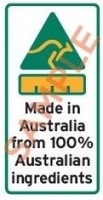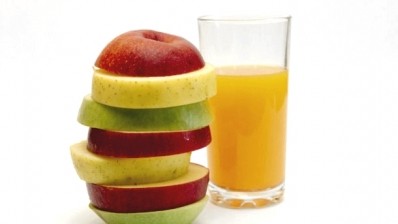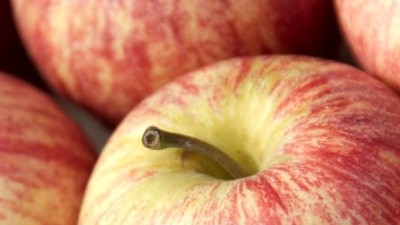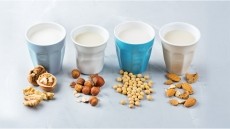‘People have a right to know where the juice used to make their cider comes from!’ Cider makers call for country of origin labels
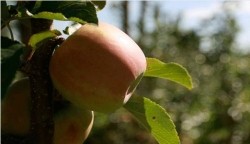
Australia has proposed reforms to its country of origin labels, which will indicate the proportion of Australian ingredients. While fruit juice is included in the plans, cider (fermented fruit juice) is not.
With more than 70% of the cider marketed in Australia made using cheaper imported juice concentrate, Cider Australia says producers using local ingredients, and associated apple and pear farmers, risk being shunted out of business.
Kangaroo label
The proposed mandatory country of origin labels will show whether the food was grown or made in Australia, and what percentage of ingredients are Australian.
Sam Reid, president of Cider Australia, told BeverageDaily he welcomes the government’s efforts to improve country of origin labelling requirements – but says its decision to omit alcohol is misguided.
“The rationale provided was a consumer survey of 2,000 Australians, where the relevance of country of origin labelling was asked about alcohol as a total category (and not specifically calling out cider),” he said.
“Approximately a third of all Australians don't drink alcohol (age, health or religious reasons) and so these people were never going to answer in the affirmative.”
Cider is a growing category in Australia. The petition calls on parliament to ensure cider is included in the new country of labelling system. It will circulate for six weeks, ending after Cider Australia’s awards and festival in Melbourne in October.
Chinese concentrate
Reid fears that, without change, Australian producers won’t be able to compete on a level playing field against big companies who make cider from cheaper imported concentrate, mostly from China.
This could force producers who use local ingredients out of business, and leave the market dominated by cheap ciders.
That would impact hundreds of people employed in the cider industry, as well as apple and pear farmers, he added.
The reforms to Australia’s country of origin labelling, outlined in July, seek to make packaging clearer and help consumers make informed choices, particularly by understanding if ingredients were grown in Australia. (Australia’s current labels have been deemed confusing or unhelpful).
With state and territory agreement, the new system is expected to be in place by mid-2016. It will apply to fresh fruit and vegetables; meat, poultry and seafood; eggs and dairy products; baked goods; deli products; fruit and vegetable juices; and many more.
Voluntary labelling
Products not covered by the legislation may use the labelling voluntarily – something Reid says he will encourage if the campaign fails to get cider included in the legislation. But the lack of mandatory labelling would weaken its impact.
“We have been working with Horticulture Australia to enable cider makers to add the 'Aussie Apples' logo onto their packaging,” he said. “Nonetheless, this would be adopted by a relatively small section of the market and therefore potentially lack the impact and consumer understanding which we believe is so important.”
Consumers have a right to know where their cider comes from, added Reid.
"Fruit juice is quite appropriately covered by the new rules: cider, which is fermented fruit juice, should also be required to indicate the proportion of ingredients grown in Australia."
Cider Australia petition
“We believe Australian consumers are willing to pay a higher price for quality products. Quality cider made from Australian or even English or French apples is already significantly higher priced then cider made from imported concentrate due to the economics and these ciders are all growing.
“With a more even playing field where consumers know where the apples for their cider come from, they could make a more conscious decision.”
The petition can be found online here.
